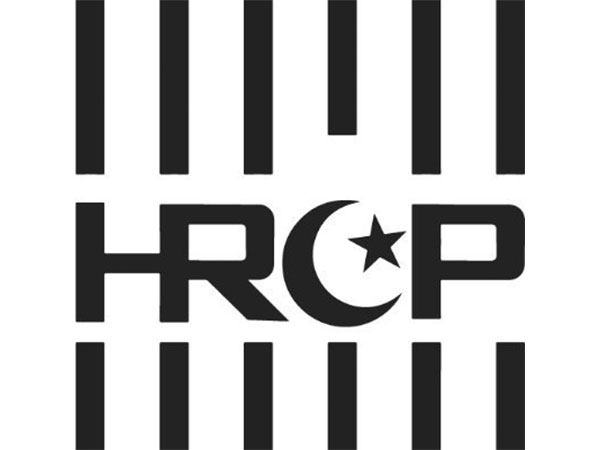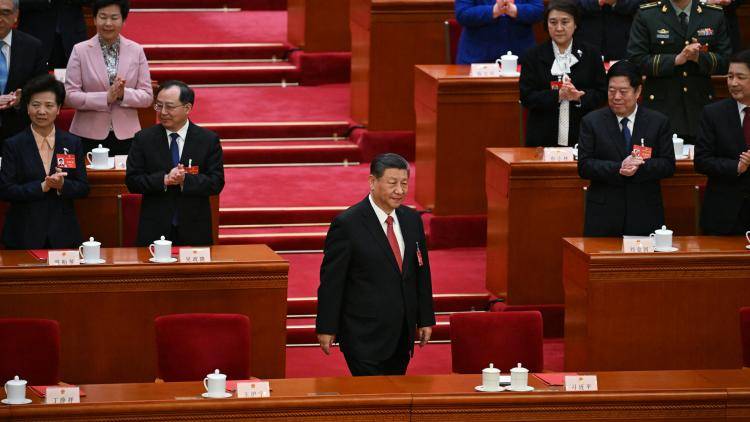The National Assembly has approved Bill 2025, the Prevention of Electronic Crimes (Amendment). Because it restricts fundamental rights, the HRCP is quite concerned about this. In a statement, HRCP Chairperson Asad Iqbal Butt said that given the state’s poor track record of defending digital freedom of expression, this bill could be used as an extra tool to target journalists, human rights advocates, political activists, and dissenting voices. He said that the bill will make it unlawful to criticize government organizations.
Asad Iqbal Butt said that Section A 26 of the bill, which deals with “fake or false news,” is particularly worrisome. The measure mentions nebulous implications like creating “fear, panic, disorder, or chaos,” but it doesn’t define the term “fake news.” Additionally, imposing a maximum term of three years in prison seems disproportionate.He also expressed his opposition to the idea of establishing four new agencies to regulate internet content, claiming that this would disproportionately and unnecessarily restrict people’s freedom of expression. Because it would result in less judicial oversight and more administrative authority, the Supreme Court hearing appeals from the Social Media Protection Tribunal rather than lower courts is likewise a worrying proposal.
Government nominees would also be on the tribunal. The Human Rights Compliance Project (HRCP) informed the government that numerous laws and regulations that limit digital freedoms have already harmed the public’s access to connectivity and information, which is a crucial component of contemporary democracies. Before sending the proposal to the Senate, extensive and open discussions are essential.



The passage of Bill 2025 raises significant concerns about the future of digital freedoms and freedom of expression in the country. The vague definitions and severe penalties outlined in the bill could be exploited to suppress dissent and target critical voices. The establishment of new regulatory agencies and the proposed tribunal structure further exacerbate the risks of overreach and lack of accountability. It’s crucial for lawmakers to engage in transparent discussions to address these issues before the bill moves forward. How can we ensure that such legislation protects citizens’ rights instead of undermining them?